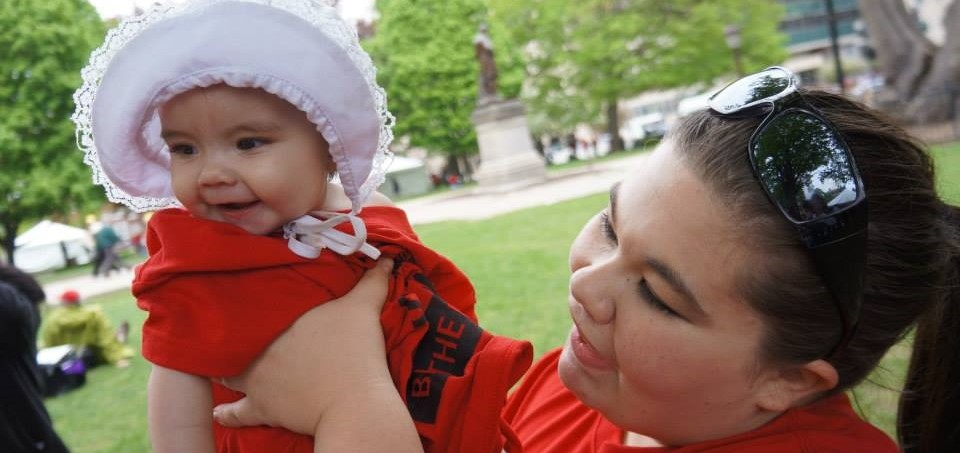Supporting Families through Two-Gen Strategies
 [col_12]
[boxcolor color=”green”]
[col_12]
[boxcolor color=”green”]
Ensuring Children Thrive
Children need access to services and supports that assists their parents with helping their children stay developmentally on-track and ready to succeed.
[bulletlist]Helping Parents Move Ahead
Parents need access to services and programs to support their families’ overall success.
[bulletlist]With one in four children in poverty, and other child well-being indicators stagnating, policymakers must embrace strong research findings that demonstrate the critical tie between the well-being of parents and their children’s social-emotional, physical, and economic well-being and educational and life success. Elected officials must drive policy to better support two-generation strategies that help children thrive while their parents move ahead, and are essential to the future economic prosperity of our state.
Two-generation strategies take into account the needs of children and their parents to ensure that families can thrive. Two-generation strategies must have three critical components that are intentional and linked.
-
Education and/or job training that leads to a credential and family-supporting employment that helps parents get ahead in life to better support their families and improve outcomes for their children.
-
High quality learning opportunities – typically early childhood education – where children’s learning and development is nurtured to lay the groundwork for success in school and life.
-
Comprehensive wraparound services like family support, access to basic needs, health and mental health services for children, adolescents and their parents, and developmental screening and other assessments in child care, early education, and K-12 settings that appropriately engage parents more effectively in their children’s learning and development.
